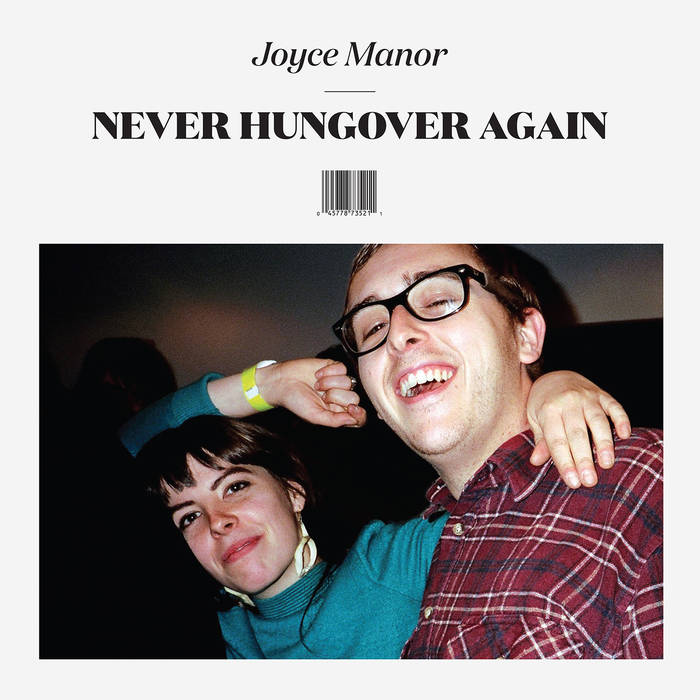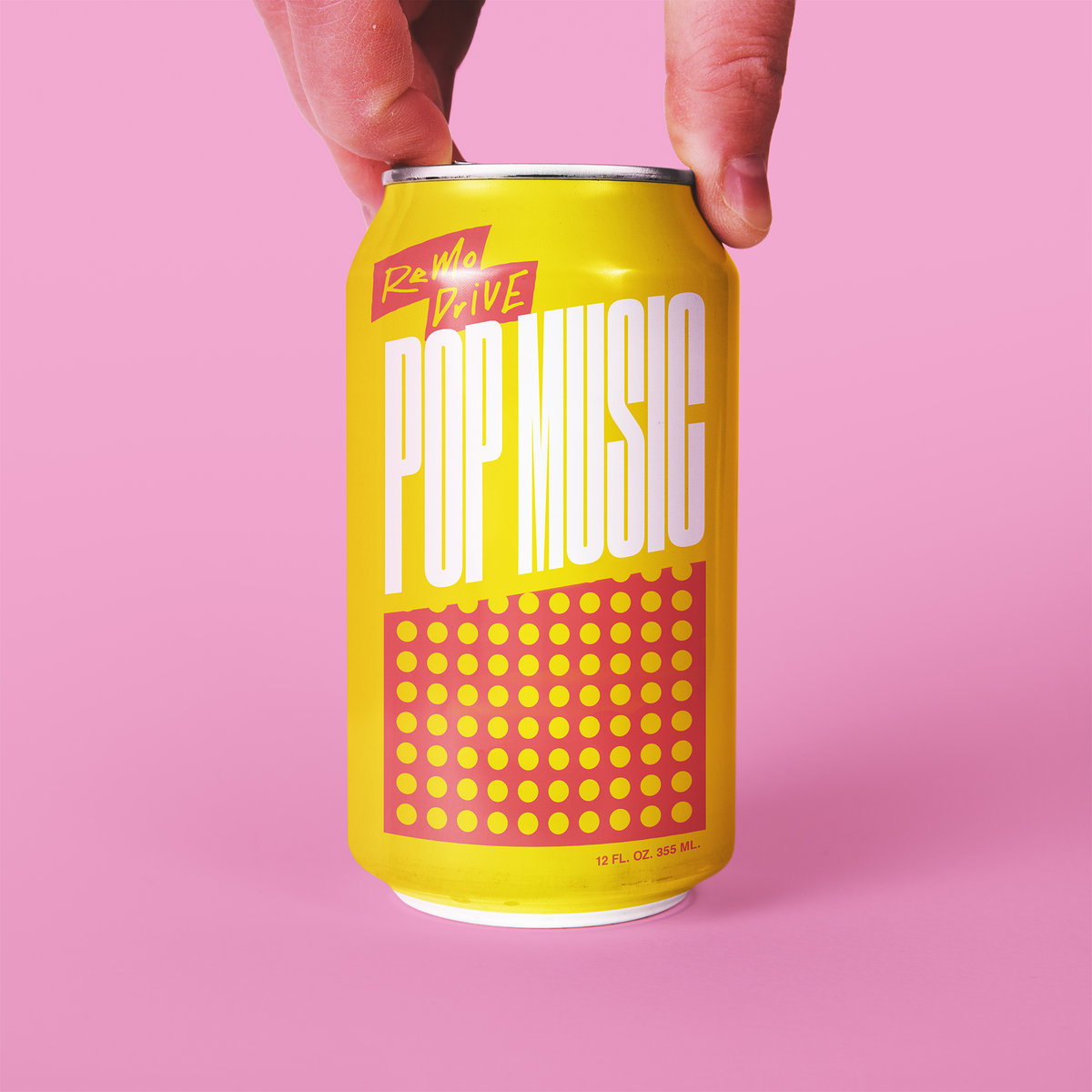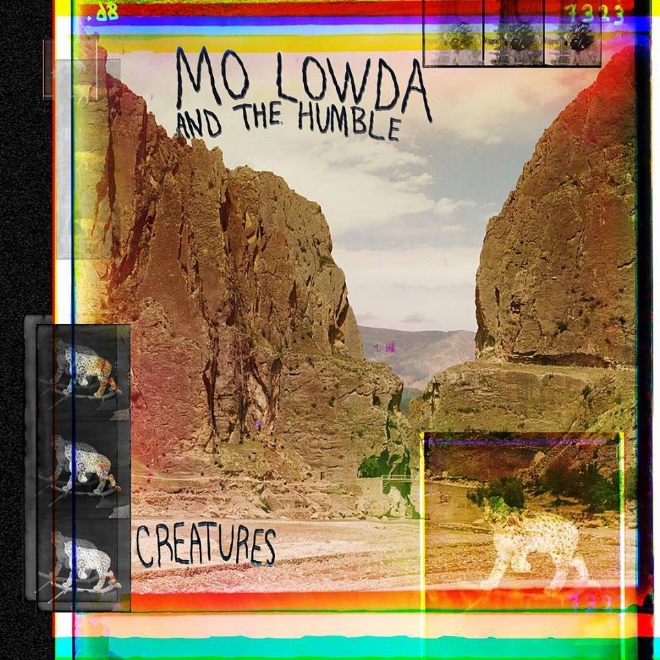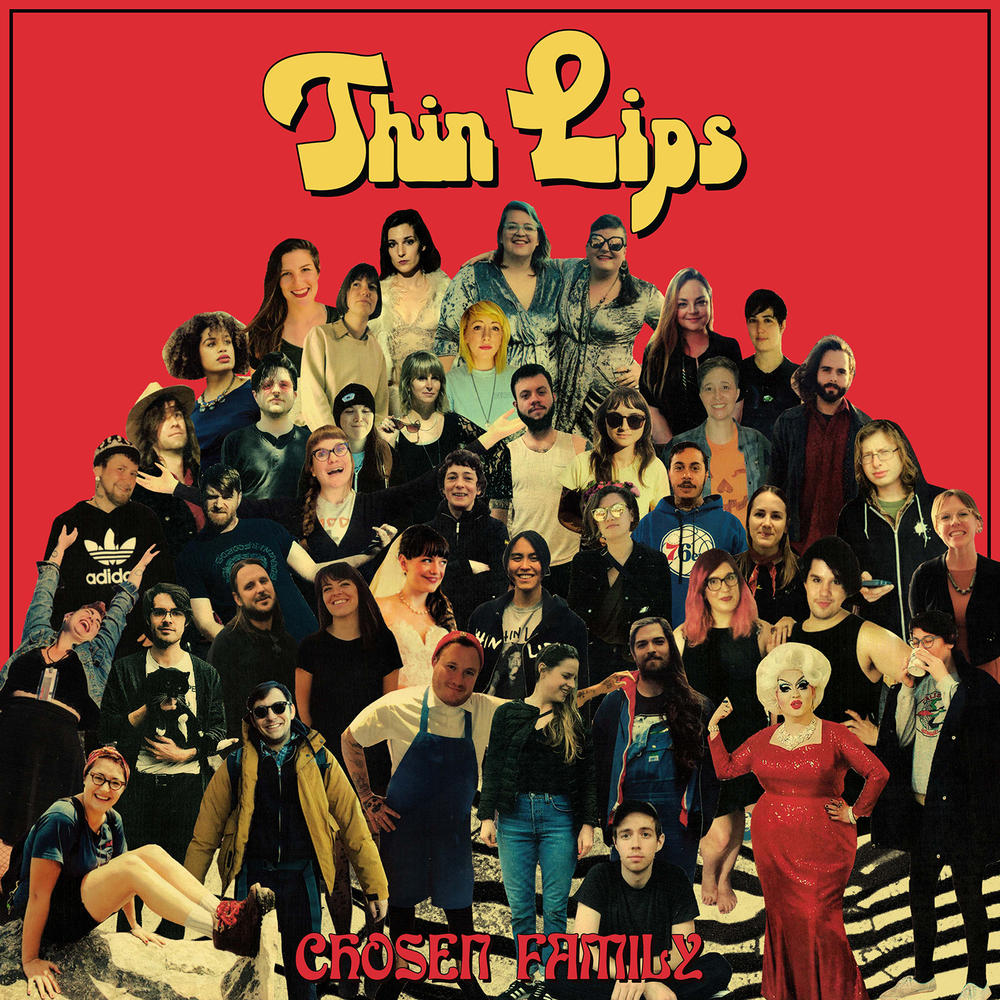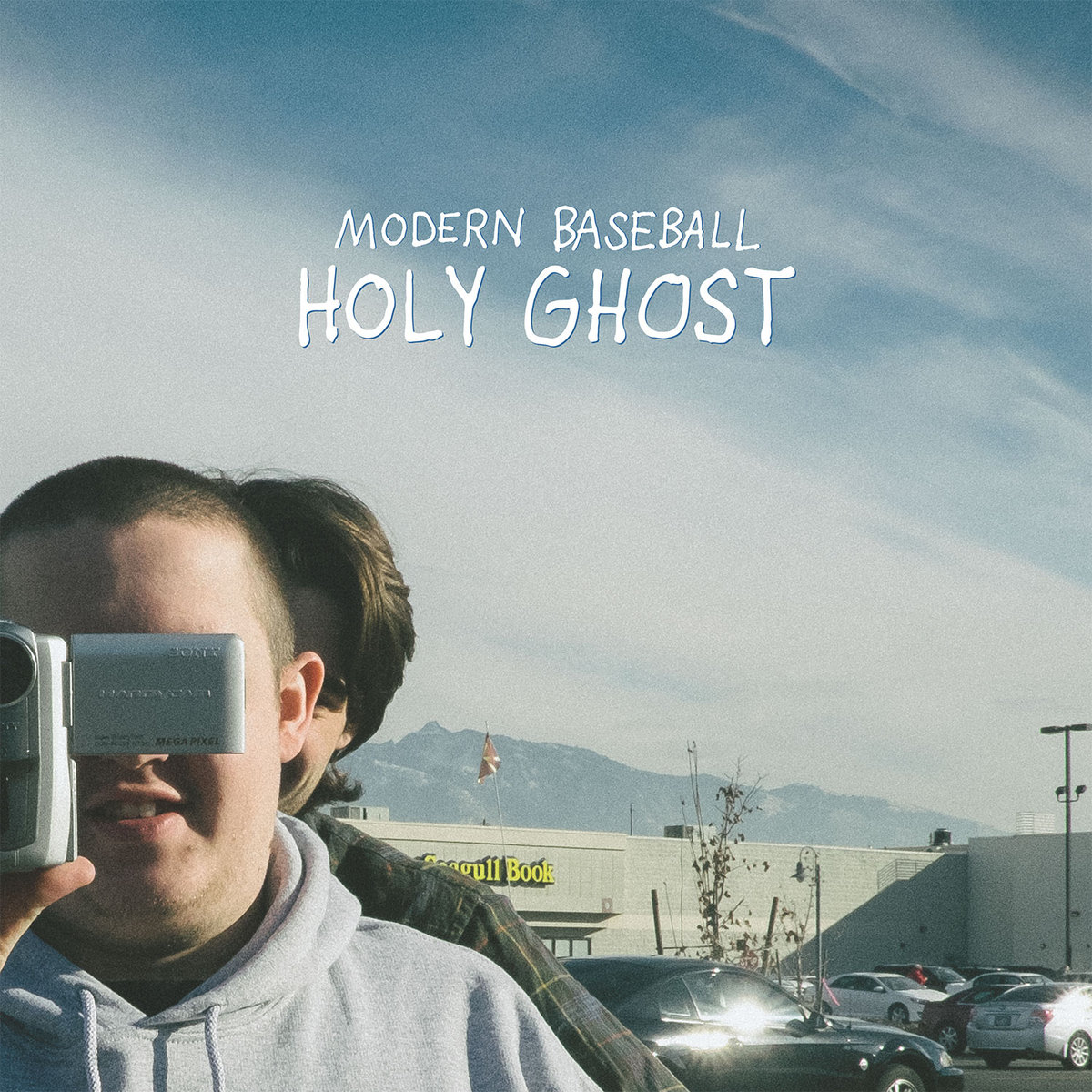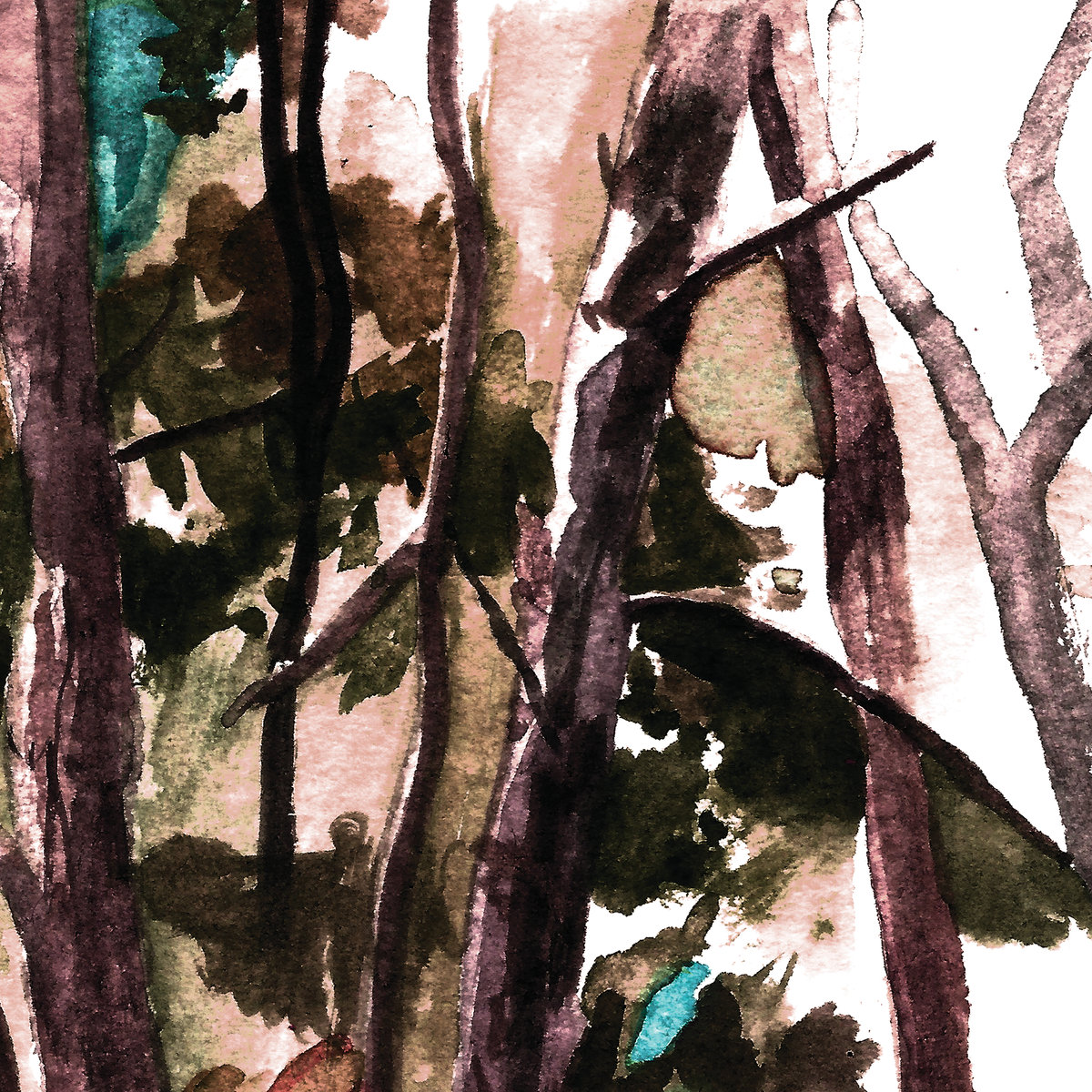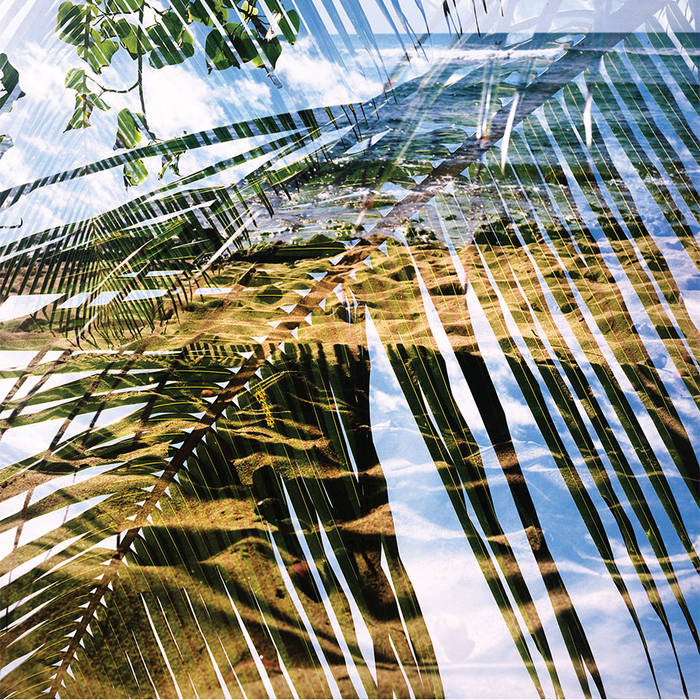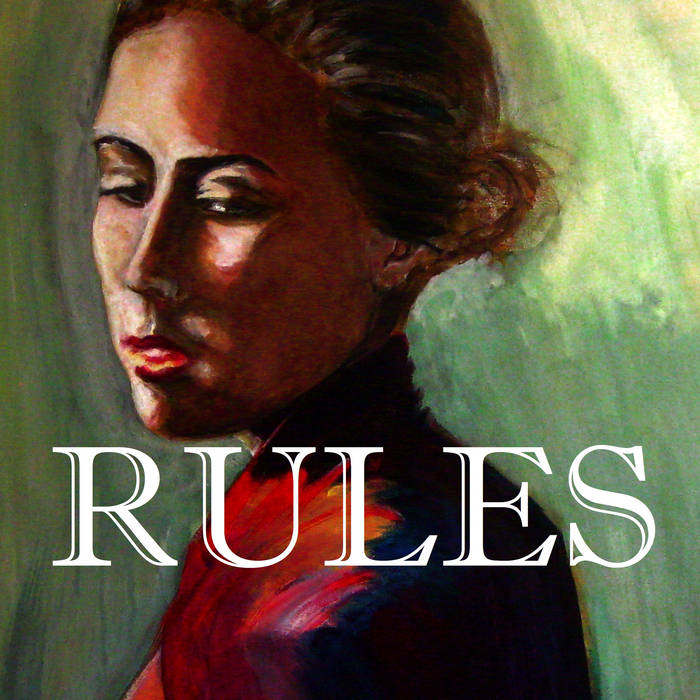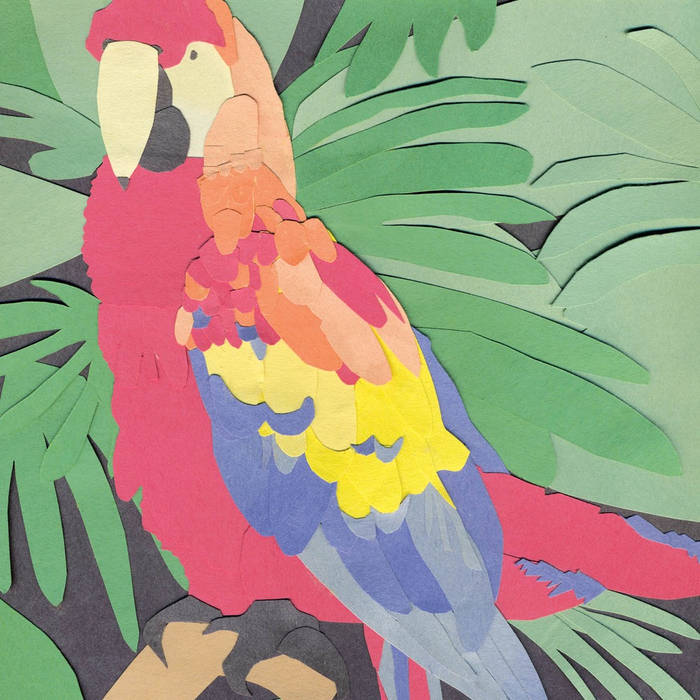So….Do you know any labels???
You recorded an album; you spent the last year writing songs about that time you were sad instead of getting a good night’s sleep before work. You carried your heavy stuff up or down steps on random wed nights and experienced the joy and frustration of trying to get 3-5 ding dongs all on the same page about something that everyone essentially made up as they were going along. You made demos, or maybe you played your songs out a bunch at some basement shows or local bars. Or maybe you just played them so many times that your room-mates’ dreams are haunted by that one chorus transition you were trying to tighten up. Either way, you got your songs to a point where you thought it was time to make a record. And you did! Congratulations! Now what?
So often, as I’m finishing a record with a band or artist, they’ll ask me “So I’ve been meaning to ask, do you know any labels we could send this stuff to?” They seem to be at a loss as to what the next logical step is and think that a label is the missing piece of the puzzle.
I always do my best to give artists helpful advice or feedback, but I thought that it might be much more helpful to pose some of these questions to some people who might have better answers than me. I thought that this question really has two parts to its answer. 1) when and how is a record label, or other industry person the missing link and when are they not and 2) What are all the things that you can do with or without a label that will move your music forward: what is the next step after making a record?
I thought that it might be helpful to pose some of these questions to someone like my dear friends, Eric and Shane. Eric Osman is the co-founder of Lame-O Records, and manager for Modern Baseball, Slaughter Beach Dog and Sidney Gish as well as working for Run For Cover Records. I think Eric touches on a lot of the stuff about when it does or does not make sense for a band to find industry partners. Shane Woods is the drummer of Mo Lowda and The Humble, as well as an engineer at Headroom. Mo Lowda has toured successfully across the US and Europe, has millions of streams on Spotify, sell out small to medium venues across the country and they’ve done it about as DIY as you can.
Originally I was going to make these two separate posts, but I think the two interviews compliment each other. Eric will tell you where you want to go, what it looks like, and Shane will share his experience on getting started.
The only thing I’d like to interject before we get into the interview is something that Eric said one morning while we have coffee, and it aligns with stuff I’ve read over the years and that is the simple adage “Start with the end first”. If you think about your goals with your record, its easier to imagine what steps to take next. Maybe it’s a tour? Maybe it’s opening for bigger bands? Maybe it’s headlining at the big venue in your hometown? Whatever it is, think about that first, and work backwards. Hopefully, these two interviews give you some more ideas about what to do.
If you have any questions, hit me up on our contact form.
Without further adieu, here we go!
Kyle: Hey Eric, thanks for agreeing to do this. I’ve been trying to think of the best way to start this whole Q and A, perhaps it would be good to just give us a brief history of Lame-O Records. If my memory serves me correctly you put out your first record, “Sports” by Modern Baseball in 2012. How many releases does Lame-O have under its belt? Just as an example of what Lame-O has become, what as an issue or thing you had to tackle when you first started, and what is something you’re working on now.
Eric: Hi Kyle! Thank you for having me do this, and reminding me until I actually found the time to do it! Yes – Lame-O started in 2012, and this spring we should be hitting LMO-070! So just under seventy releases, which feels like quite the triumph. When we first started, everything was an issue because we had no idea what we were doing, and wide eyed to figure it all (or as much as we could) out. Our biggest goal then was to find our footing and figure out what we could possibly do to raise up our friends who were making music that we felt other people should really be hearing. We read and listened and asked questions and over the years have tried and tested out many ways of doing that. Some of them we still carry with us today. As the music world rapidly changes, we’re always looking at the role we play to our artists and figuring out how we can best serve them, and position them best for the type of success they are looking for, and practicing honesty. We will not get you nominated for a grammy and you will not be playing the super bowl halftime show.
Kyle: Here in 2019, what the heck does a label do for a band? I’ve been hearing that “no one needs a record label” and “record labels are meaningless” for 15 years, and yet we still have them, and they still release great music. I always felt like you and Emily (Hakes, Lame-O’s co-founder/co-owner) were a guiding force whenever Thin Lips embarked on an album, but what in concrete terms do you see your role in working with a band as a record label?
Eric: Different labels definitely do different things for different bands! No one needs a record label! However, record labels are not meaningless! In actionable items, a record label should/can/will promote your record, distribute your record both throughout the digital stratosphere, but also mom+pop record stores (they’re still out there and want to sell your records!) Our record label specifically is also one that puts a lot of value on our relationship with the artist and helping them identify what it is that is important to them, what is confusing to them, what is comfortable for them and helping map out goals and then finding the best way to achieve those goals. With a few clicks and some reading, you’ll find that there are a plethora of services that will release your music digitally for you without a traditional label. If you’re an extremely driven individual, you’ll find that you can find ways to distribute your record physically as well. When I was in the very early days of Lame-O, trying to understand distribution, I asked co-head of then local label Hot Green Records, none other than Joe Reinhart, how they got records in stores all over the city (Historical side-note- Hot Green Records was a label that Joe and Peter started to release Algernon Cadwallader records, also release Hop Along’s “Get Disowned”, and Hurry’s “Everything/Nothing” before they didn’t feel like doing it anymore). The answer I received was “If you drop them off there, what are they gonna say? No?” That’s basically the spirit you need to have for your own band/record if you’re going label-less. It helps to not be beaten down by the world yet.
Kyle: So the question I get asked so often by bands is how to get on a label, or if i know anyone, etc. Often my answer is some version of reminding them of the other things they could be doing besides working with a label. However, there are bands that clearly need/benefit from having a label helping them. Would you mind giving me the sort of “anatomy” of a band that could use a label? Are there any metrics, indicators, or concrete details that you could give just to paint a vivid picture? Maybe an example (without naming names)?
Eric: I think an artist does need to re-think the question of “how do I get on a label” to “why do I want to be on a record label,” or even “why should a record label sign me?” If you put out your record yourself, and you pressed 500 records, and you toured for a few weeks and a bunch of people showed up to the shows, and you’ve just about sold out of your pressing of the record, you ought to have a record label, who can let other people know about your band, get your records in stores.
Kyle: The other thing that goes hand in hand with a label is often PR. I feel like bands ask about paying for PR, trying to premier something on a blog, etc. Obviously, every little thing helps, but sometimes it feels like a means to an end. Like “Once our single is on NPR or pitchfork, then it’s easy street!”At what point do you feel like a press campaign is helpful for bands?
Eric: I think that PR can be very helpful for bands. But a publicist is really someone who is building the narrative of the artist, that lies within the album. Thinking that one single premiere, be it on NPR or Pitchfork will take you to easy street may have been true at one point, but with the overabundance of everything, no one thing will lead to easy street. Unless you go viral on TikTok. Then you’ll probably be on easy street for a few months. But I do think a press campaign, building on local news outlets, local blogs, college radio, reviews and interviews can be helpful. Every little bit helps. If there’s someone who is genuinely interested and a fan of your album who wants to help with PR and is not charging you the kind of money that could buy you a van – it’s probably worth it.
Kyle: What are some things you personally look for in a band you want to work with either as a manager or label? Obviously the bands you work with are great, and fit your own personal taste, but are there things that are a little less subjective?
Eric: For me, it’s pretty damn subjective. I love all of the artists I get to work with, they do fit my personal taste, they are people who generally work hard and want to make shit happen for themselves and have been putting in the work for probably a long while.
Kyle: Ok, so my apologies on this one. It’s less of a question, but something I tell bands starting out with their first EP is do weekend tours, once, twice, 3 times a month for a 6months to a year. Hit all the places (especially NYC, which i feel like you have to play 5+ bad shows to finally get a good one) multiple times, get your touring legs, make some contacts, friends, find other bands, and find your niche in a pretty low stakes way (especially when you can’t afford to miss too much work). Then string them all together in a week or two week long tour, and add a few further out shows that you couldn’t make in a weekend, rinse, repeat. Keep doing that until a band wants to take you out, or you put out an LP, or you have enough of a fan base that you want to expand. I feel like whether or not you have a label it’s what you should be doing. Does that ring true to you? Is there anything I’m missing or that you’d like to expand on?
Eric: Tour! Tour the fun way, stay at people’s homes who are welcoming you in. Make sure to be kind and thankful. Make friends with bands you like, and bands who like you. Touring smart is also helpful. Meaning, if you’re taking the time to do weekend tours every other week for six months – make sure that you are letting people know that you’re coming before you leave town. I know it’s very common to get caught up in the booking and logistics that it feels secondary sometimes to actually get on social media and post that you’re gonna be on tour. That is obviously very important.
Kyle: Ok – so: Let’s say you have a band, let’s say that you rock! You tour up and down the East Coast pretty frequently, you have a small but loyal following, and a network of like minded bands and friends. You feel like you’re at a point where you could use some help. How do you go about finding people? Is it better to let them come to you?
Eric: I think it’s helpful to pinpoint what it is that you need help with. Here’s a few examples that read a little like infomercials:
Are you starting to tour quite a bit, maybe with a booking agent already, but maybe not, and are having trouble understanding what you should be doing next? Maybe you want someone to bounce ideas off of you, or a creative person who seems to know quite a few people? Maybe you’re getting asked about W9s and 1099s and LLCs and you’re very concerned that the IRS are gonna come get you because your band just sold out Johnny Brenda’s and this is all new to you? It could be time for you to hire a manager. At this point, you probably know some of these, or have friends who do. Find someone trustworthy who wants to work with you. Don’t be twisting any arms to get a manager.
Are you playing house shows where you’re getting 100ish people coming in Philly, NY, Boston, DC etc and think it might be time to try to play in actual clubs where it might sound better, maybe even try your hand at opening up for bigger bands? Sounds like you want to talk to a booking agent! See if any of your friends bands/bands you’ve played with have one that they like and want to introduce you to, and then from there give a couple sentences of what you’ve been up to and what you want to be up to!
Are you releasing music regularly on bandcamp? Do you have a lot of people excited about the music you’re making on social media, sharing your music with others? Are you fairly prolific, and have a dedicated following who want to buy your albums on vinyl – but you don’t know how to get into that business, nor really have the money to pay to make records? There’s a possibility that you’d be interested in a record label. There’s also a possibility that a record label might be interested in you! Do some searching, see if there is a label that releases music in the same wheelhouse as yours, and send an email to a contact you can surely find on the internet, and let them know what you’ve been up to, and what you want to be up to.
Kyle: Thanks Eric, you’re the best! My final question is how do you manage to be such a sick dude?
Eric: I get to listen to music all day. Thanks Kyle!
So yeah, you might be saying to yourself, “This is all fine and good, but I’m not selling out of my records, I’m not headlining shows up and down the east coast. Maybe a label or a publicist is not the answer, then what is?”. Thats why I thought it would be good to chat with Shane, our senior Engineer here at Headroom, who is also the Drummer and de facto Manager for his band Mo Lowda and the Humble. When I met Shane, Mo Lowda was playing basement shows around their college, Temple University, and small clubs. Bit by bit, year after year, tour after tour, they found their audience and kept growing. This year, they’re headlining a show at Union Transfer in Philadelphia, a 1000 cap room for their record release (and probably a venue near you, wherever you live!). They have millions of streams and tons of fans. Every time I’ve worn their shirt on tour, someone always comes up to me and mentions it! It’s been so cool to see them grow from a small band playing basement shows to where they are now. Despite not being a “DIY punk band” per se, they’ve pretty much done it with a DIY attitude! Either doing it on their own, working with friends, or hiring people under their direction without the help of a label or corporate booking agent.
KYLE: So Shane, as best as you can, through your hazy memory, can you give me a brief history of Mo Lowda, and how it intersects with your career as a musician/producer? When did you start? What were some of the big decisions you made for yourself and your band?
SHANE: The band started when Jordan and I were in high school, 10 years ago! We started playing friends parties and that rolled through college. We went to Temple University here in Philly and played pretty much everywhere and anywhere we could. Basement shows, bars, clubs, spring fling type things, etc. I fell in love with the studio environment while making our first record at the Temple University Studio. Soon after I started to intern at the Headroom and was sold on making music.
Towards the end of college it was unspoken that we were just gonna move in with our parents for an amount of time and work a bunch so we could really tour. Jordan and I decided to really commit to the band. I’m not sure if we ever had a big conversation about it, but we both definitely felt the same. We were and are committed to making this thing happen, everything else is unimportant. Writing songs, making records, and playing shows with this band is our everything. Unfortunately friendships, relationships, and financial stability fall to the wayside.
KYLE: So it sounds to me like the biggest decision for yourself at that time was finding someone else who had the same goals as you? I think sometimes that can be a band’s downfall, not everyone wants the same thing the same way, and it’s baked in from the outset. Does any of that ring true to you?
SHANE: I’m pretty lucky to have found these guys to play with. There’s been a couple times where after a couple drinks we laid it all out to each other. What we want from the band, life, our interpretations of success, our ability to be able to stay on the rollercoaster that is playing over 100 shows per year while writing, tracking, and mixing our own stuff. And we’ve almost always been in near perfect line with each others thoughts.
KYLE: What was your first tour like? What did you do to get better tours? Better crowds in the beginning? What kind of places were you playing and how did you progress from there? Any concrete strategies or decisions?
SHANE: Before we were doing full tours, we were doing little weekend runs to nearby cities. That’s the best part about living in the North East/ Mid Atlantic. NYC, Boston, Baltimore, DC, Pittsburgh, and Richmond are all relatively close. All the shows were of really low attendance but we started making friends in these areas. We would trade gigs with bands in different cities, and then have them come play with us in Philly. It worked out nicely that way for a while. These groups of friends kept growing each time we came back. Eventually it wasn’t just 20 friends, it’d be 20 friends and even more fans! This took at least 4 or 5 plays in each market to happen, maybe more in certain cities. One time, we played Piano’s in NYC like 5 years ago and J Mascis happened to be at the bar outside the venue after our show. Our show was sparsely attended so this made my night. I tried to give him a CD and he told me that he “only listened to vinyl.” Oh well. I feel like giving out something small like CD’s (kind of irrelevant now), download cards, or stickers is super important to spreading your name around in cities that are unfamiliar with your music.
Our first real tour was actually the first with our new bass player at the time and he stuck around! Thanks Jeff Lucci! We did a southeast tour with a blues rock band. Some of the shows were okay, but lots of dads and a few of our fans and friends. There were a lot of random towns that didn’t make sense for us to play, and a lot of times we’d play wherever we could. Dingy basement clubs, guitar stores haha. Definitely didn’t crush it numbers wise but we had a blast and it was the start of the close bond we have together now and started to build a core fan base around the country.
KYLE: Something I always see come up on DIY threads on facebook is people asking what kind of jobs bands hold down between tours. For me, I worked as a parking valet, and as an AV tech until I could work full time as a studio rat (at age 28). What jobs kept you afloat until the band and producing became your full gig. How did you swing those jobs? How did you get your employers to be cool?
I fell into a couple good situations. I worked at an assisted living facility in high school and college. A majority of the residents were elderly nuns. My boss Mark was super chill with me coming and going, and I had lots of friends there who I would trade shifts. Shout out to Grey Nuns! You (Kyle) hooked me up with a gig doing AV and I took that part time as a freelancer and I would kind of come and go with that job as well. Honestly just fell into some good situations until we started touring like 100 days or more a year. Then I focused on making records during my time home. Also living at home for a year or so after college gave me a nice buffer to travel and save some cash until I moved back to Philly.
KYLE: At what point did you link up with your booking agent, Matt Washburn?
SHANE: 4 years ago. We were working with a larger booking agency and things ended up not working out, we kinda got put on the back burner because a lot of people at those agencies aren’t really gonna put in the work to help a band grow, rather just field incoming offers and hope the band blows up on their own so their job can be easy. We went back to booking ourselves and weren’t doing too bad a job. We were booking okay tours on our own, but as a lot of people know, it’s hard to speak for yourself. People don’t take you seriously. “Hey I’m the drummer for this band, can we play here please.”
Matt sent us an email, because we were crossing paths with some of his bands at the time, suggesting we work together. Phone conversation went great and he turned out to be the person we needed. He is an extremely motivated individual, super knowledgeable about the industry, and an all around great dude. Puts way more work in than a lot of other people twice his age, that are just given any huge band and just need to fill in dates. Matt ended up going independent, and he helps in many more ways than just booking shows. He’s basically another member. It’s all about surrounding yourself with good people, rather than people you think could give you some kind of big break.
KYLE: Something that I think is notable is how many times you’ve turned down offers to work with people. Without naming names, mind walking us through a couple examples?
SHANE: We’ve always operated as a very small team. Besides Matt, the whole team is the band. We tried to maybe work with a manager or two but it just never seemed like anyone wanted to do the work. Rather than hustling, they just give you their opinion and get bummed when you don’t deliver what they expect. We’ve had people that weren’t into the name. It is weird to say and spell but hey we made it up in high school. So we’ve ended up repping ourselves or with Matt’s help, rather than include someone in our circle who doesn’t believe in our music as much as we do.
We “parted ways” with an Agency early on after we turned down a tour with Hanson… Why would we do that???
KYLE: Spotify and online streaming has played a big factor in reaching your audience, was there anything that you were able to do in order to make that happen? Any specifics?
SHANE: No! We put out a record in college and people started listening to it! We’ve since put out 2 other releases and it just kind of snowballed. I think touring relentlessly got our music in front of a lot of people nationwide and they kept listening. Spotify’s robots also make playlists for listeners based on what they listen to and we get played on the spotify radio or playlist of a lot of bands we tour or cross paths with. We’ve never been featured on a spotify curated playlist or anything like that so it’s all pretty organic.
KYLE: Something I have personally noticed in your progression is just how much the song writing has improved over the years. I think any band gets better over time, as do musicians, but was there a conscious approach or strategy to songwriting? I think the newest stuff is very focused and elegant in its arrangement, melodies etc. and the first album, “Curse the Weather” seemed to be a lot “jammy-er” and “proggy”, is that a fair assessment? Can you walk us through your change in approach if there was one?
SHANE: Yeah I think we just got older and realized it wasn’t all about being loud and crazy. We weren’t ever into like jam band music, but definitely love improvisation and progessive music so we always wanted to have that as part of our sound. Jordan has matured a lot as a songwriter and guitar player. This might be a better question for him! Also Jeff Lucci coming into the band definitely gave us a different energy than before. We are also listening to so much music at all times that our taste and influences always change. There’s no rules. You don’t always need to stay in one lane.
KYLE: How did you write, record, release and promote this latest record?
SHANE: Some songs Jordan had from years back. Others he wrote because we were going to add another live member to the group, Kirby Sybert. We always pulled double duty prior. I sing harmonies from behind the kit, Jordan on Guitar and vocals, and Jeff playing bass as well as improvising ambient loops. With another person we could play with some more space, yet create a wider sound.
The writing was all over the place. We demoed like six or seven songs, scrapped a few, recorded more, then found ourselves with the tracks that will be on “Ready Coat.” Some songs were written around grooves I would play at rehearsal we captured with an iPhone. Jordan than would reprogram the grooves in garageband and write a song around it.
As far as the recording goes, we did it all ourselves. Jeff is a great engineer, and Jordan can comp his own vocals and has a great ear for sounds as well so we figured why not do it all in-house. We tracked things at Headroom in between tours, Jeff’s space during time off, and at a couple of friends studio’s on our days off on the road. (The Midwest Sound in Rockford, Illinois and The Bird House in Charleston, SC) Jeff and I split up mixing duties here in Philly, and had Ryan Schwabe master it once we stopped ourselves from tweaking the sounds. Mixing your own band is great but you hear every detail, every mistake, so I feel like I could mix it forever if there wasn’t a deadline. We never played most of the tracks as a band prior to recording so we were committing to a lot of the parts that weren’t fully mapped out on the fly. It was really exciting to work that way. We used the studio as a tool and tried no to get held up on what the exact part was prior to recording, while still staying true to the vibe and grooves of the demos.
For the EP we did a while ago, we had Joe track it and you (Kyle) mix it. For our last LP we felt comfortable enough to track and produce the album ourselves, but it was still great to have an outside ear to push the songs over the finish line with you mixing it once again. Having worked on so many records with you guys at Headroom, and learning so much in the process of our own records and others we felt comfortable taking on this record on our own. Plus with our crazy tour schedule it just made sense.
We are self-releasing this record with the help of Mike Gomez over at MonoStereo in Charleston, SC for label services and distro. Our new imprint is Work Around Records. We had a lot of studio access so we really didn’t need a label to give us an advance. I’m not sure if anyone would anyway. But we felt good putting it out ourselves with a little more muscle and the knowledge of people who know what they are doing in the pressing and promoting world behind it. We plan on using the new imprint to release records by other artists as well. We’ll see what happens there!
KYLE: Speaking of Kirby, something I’ve always been impressed with is the way you utilize social media. It’s pretty basic, but I think it’s effective and something other people could find their own take on.
SHANE: Yeah! So Jordan has always ran the social media. We try to stay super active on it because yah know it’s the only place anyone gets their information and we have gigs to tell people about! Kirby started coming out on the road with us 3 years or so ago to start documenting the tours. We have so many pictures and videos in his archives it’s kinda stressful to think about sifting through. But it also allowed us to always have a different picture or video most days; whether it be a candid, a live shot, a music video he directed, or new album promos. He helps us with a lot of graphic design work too. If possible, we try to post something everyday.
KYLE: If there was one piece of advice you were to give your 20 year old self looking back, or maybe even just to a younger musician/band, what would it be?
SHANE: I would say to practice more. If you love playing music spend as much time perfecting your craft as you can, without ignoring your intuition or stifulling your spontaneity. Also meet as many people as you can, tour as much as you can. The best way to get by playing music is making connections with kind and like minded people.
Don’t get too starry-eyed when someone wants to help manage, or promote your art. It’s always beneficial to take phone calls or meetings, but in the end you want to make sure some is the best fit for you and your situation, and that they are invested in your success. And always keep your expectations low and your goals high!
KYLE: Thanks Shane, you rock!!!

